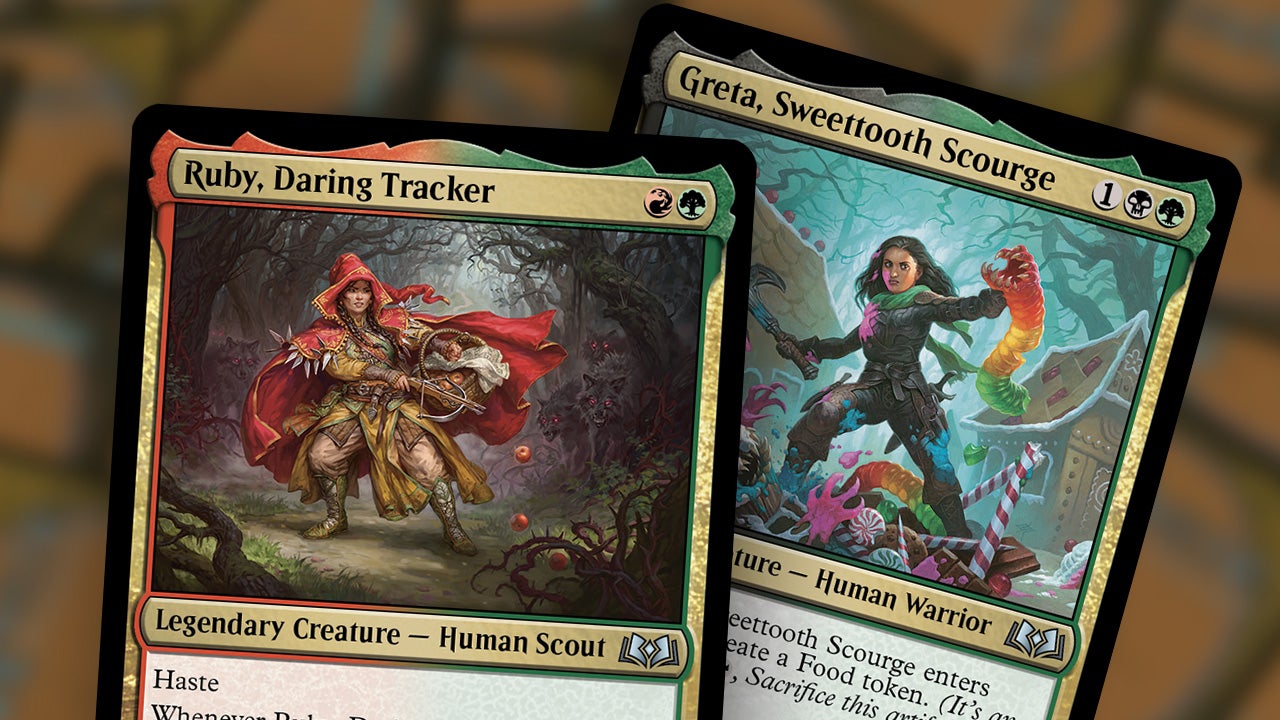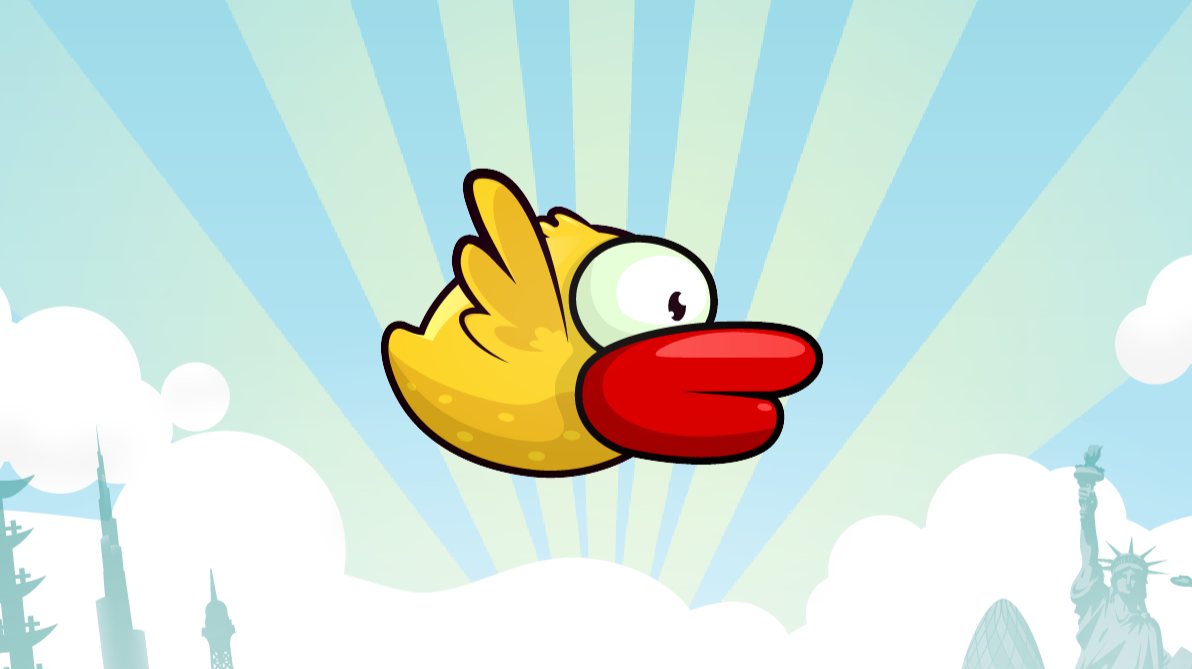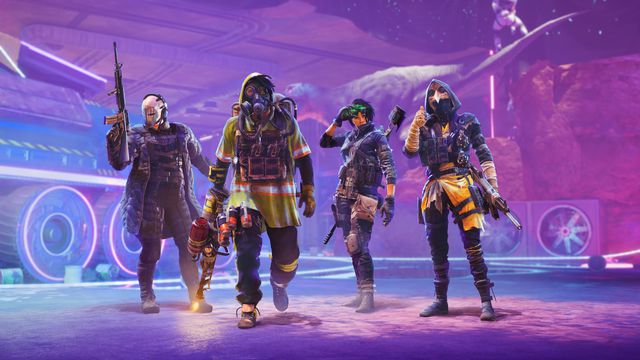Today, card games are everywhere, but in 1993, the trading card game (TCG) genre was born with just one: Magic: The Gathering, created by Richard Garfield. I became a fan a few years later, in 1996, during the release of the Fourth Edition core set.
Once I got the hang of the game, I was hooked for nearly three years. The artwork drew me in, and the flavor text – often witty, dark, and sarcastic – kept me entertained, but what I loved most was playing. The tactile thrill of placing a card on the table, imagining myself as a powerful planeswalker commanding forces beyond mortal comprehension, was unbeatable.
Though other trading card games existed back then, my loyalty to Magic: The Gathering consumed both my attention and my budget. Fast forward to today, and the landscape is even more crowded. The old titans of the genre are still thriving, while countless newer games vie for attention, each bringing something unique to the table.
With that in mind, here are the 10 best trading and living card games to dive into in 2024 – games that are fun to play, boast active communities, and have the potential for long-term growth. Whatever you decide to try out and play, make sure you have a community to share it with: either a local one where you live or an online one that is supportive. The community surrounding the game is as important as the game itself.
The Big Three
These are the established choices for anyone who's deciding on a trading card game.
Magic: The Gathering
The original trading card playing experience, Magic: The Gathering established so many norms that we take for granted today. Plains, Swamps, Forests, Mountains, Islands – these were the lands you drew power from, to call angels, demons, zombies, orcs, goblins, and enchanted creatures to your side. The benefits of picking up Magic: The Gathering now, nearly 30 years into its run, are the same as the drawbacks: It's just so big at this point. There's a lot to explore and play with, but it can be intimidating and overwhelming to learn it from scratch. As was true back when I started playing, the best way to learn is not by reading the instruction booklet that comes with every starter deck, but by having a friend walk you through a match.
You can check out our guide to all of the upcoming MTG releases coming in 2024 and beyond.
Pokémon TCG
Still popular after all these years, Pokemon TCG started in 1996. Its cards in America were originally published by Wizards of the Coast, the same company that published Magic: The Gathering. Pokemon's fan base has always been more collector-heavy than player-heavy, but this has been especially true in recent years, as the value of Pokemon cards has continued to go up. (Most famously in 2021, Logan Paul paid $5.27 million for a Grade 10 Pokemon Illustrator card, which he occasionally wears around his neck when he wrestles in WWE.) Beyond this, there's an appealing simplicity to Pokemon, in that your turn is largely your own; you aren't overlapping moves or playing over your opponent's turn, which makes things a lot more streamlined.
You can check out our guide to all of the upcoming Pokemon TCG releases coming in 2024 and beyond.
Yu-Gi-Oh! Trading Card Game
Recognized in 2009 by Guinness as the highest-selling trading card game in the world, Yu-Gi-Oh! popularized chains as a gameplay mechanic, and it was considerably more chaotic than its predecessors. You're often countering and making significant moves during your opponent's turn in addition to your own, and on its highest levels, the victor can be determined on a starting hand and who goes first. Your enjoyment will largely depend on who you learn from, especially if you're coming into the game cold.
The Newcomers
The seven TCGs below might not have the decades-long legacies of the Big Three, but they're making plenty of noise and are worth checking out.
Digimon TCG
Newly revamped for 2020, Digimon's main draw is its progression: Hatch an egg, have it undergo Digivolution (which allows you to improve upon your Digimon's stats), and move it to the Battle Area to attack your opponent. It is still a newer TCG game, relatively speaking, which means that it doesn't have the legacy baggage of the prior three. The community is notably welcoming and open to new innovations, and the metagame is diverse and still in the process of being defined.
Netrunner
Set in a cyberpunk dystopia, Netrunner, which pits hackers against a faceless corporate entity, has a long, complex history. The original physical card game came out in 1996, and it was revamped and released as Android: Netrunner in 2012. Today, it currently exists as an ongoing fan project. Non-profit game publisher Null Signal Games releases new starter and expansion sets, and the PDFs are all available on a pay-what-you-want basis. These new sets are also compatible with the prior Android: Netrunner sets, and everything, from the artwork to the new mechanics, feels legitimate and true to form.
Disney Lorcana
When Disney commits to something, they go full throttle. Disney Lorcana, which draws from over 100 years of Disney animated history, takes full advantage of the nostalgia and sea of creative properties inherent in its brand. Instead of land, you summon with ink, and true to Disney's family-friendly image, you accumulate 20 points instead of decimating your opponent's life to win. There are currently over 600 different cards in print between the starter set and the two expansions. The newest expansion, Chapter 4: Ursula's Return, launched on May 31.
Marvel Champions: The Card Game
Name recognition goes a long way. In Marvel Champions, select the specific Marvel superhero that you want to play. Then, team up with other players and work through different scenarios, in which you defeat villains and foil their schemes. The Core set starts you with five different selectable heroes: Iron Man, Black Panther, Spider-Man, Captain Marvel, and She-Hulk. Subsequent Expansion packs give you prebuilt decks that allow you to play as over 30 additional characters and face additional villains with different storylines. It's among one of our favorite Marvel card games available.
Arkham Horror: The Card Game
Inspired by the 1981 horror RPG Call of Cthulhu, Arkham Horror is a supernatural, Lovecraftian mystery game. It puts you in the shoes of an investigator, who must work through a creepy horror scenario and emerge with their body and sanity intact. You start by choosing an investigator: a Guardian, Seeker, Rogue, Mystic, Survivor, or Neutral, each of which has its specific strengths and weaknesses. Then, you investigate missing people, creepy cults, rumors of a lost ancient city, and more. It's all very evocative and tentacled. It's a great RPG card game worth getting into
Star Wars Unlimited
Star Wars: Unlimited is a brand new card game, but the established pre-existing universe of Star Wars makes this an excellent place to start; its longevity is nearly guaranteed, given the franchise's popularity. You play as a leader of your respective faction – the starter set includes Luke Skywalker and Darth Vader. Then you wage war, sending out droids and troops or using Force powers until one base is destroyed. The current set, Spark of Rebellion, focuses largely on the events of the original trilogy. The most recent expansion set, Shadows of the Galaxy, focuses on the criminal underbelly of the galaxy, and features mercenaries and bounty hunters.
Flesh and Blood
The creators of Flesh and Blood are traditionalists; they designed their game to be played in person – hence, in “Flesh and Blood” – rather than an online format. The game is fantasy-themed, and you have a hero who falls into one of 11 classes: Assassin, Brute, Guardian, Illusionist, Mechanologist, Merchant, Ninja, Ranger, Runeblade, Warrior, or Wizard. You equip your hero, build a deck around them, and send them into battle with spells, blows, and counterblows at the ready.
Kevin Wong is a contributing freelancer for IGN, specializing in LEGO and Card Games. His byline has appeared in numerous publications, including Complex, Engadget, Vice, Playboy, Gamespot, Popverse, and Kotaku. A pop culture aficionado, Kevin has written long-form features on a wide range of subjects, including movies and television, video games, professional wrestling, comics, and emerging tech. He lives in New York with his wife and son. Follow him on Twitter at @kevinjameswong.








